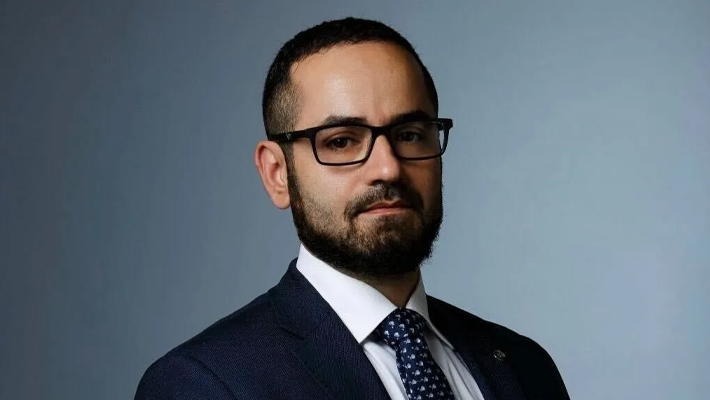In a lengthy report obtained by Investors King, one of the world’s leading business media platforms Reuters had accused Binance, the world’s largest cryptocurrency exchange platform of sharing client data, including names and addresses with the Russian government.
According to the report, a particular Russian agency known as Rosfinmonitoring or Rosfin was looking to track bitcoin donated to the now-jailed Russian opposition leader, Alexei Navalny. Therefore, approached Binance, who at the time was seeking license/approval to operate in Russia, for the details of donors to the Navalny network, the now proscribed network by the Russian government.
Explaining the reason for the move, Rosfinmonitor claimed the donations were used to finance those seeking to expose corruption inside Vladimir Putin’s government.
Quoting text messages reportedly shared by one of Binance’s officials with a business associate, Reuters said Gleb Kostarev, the head of Binance Eastern Europe and Russia, agreed to the request to share client data. He, however, claimed he didn’t have “much of a choice”.
In response to Reuters, Binance declared the report false and denied ever sharing user data, including Alexei Navalny with Russian FSB-controlled agencies and Russian regulators.
The leading cryptocurrency platform said “Prior to the war, Binance’s engagement in Russia was no different from that of any other international organization – from banks to burger restaurants.
“Like every other blockchain company with users in Russia, prior to the War with Ukraine, Binance was advocating for Russia to develop an effective crypto regulatory framework – an effort we are undertaking in every market we operate in.
“As soon as the war started, we stopped working in Russia. Instead, we implemented sanction requirements. Today, as far as we know, Binance is the ONLY crypto exchange in the world to implement the latest package of sanctions imposed by the European Union aim at Russian account holders.”
Binance further stated that it had donated over $10 million to Ukraine’s humanitarian unit since the war started, a gesture commanded by Mykhailo Fedorov, Ukraine’s Minister of Digital Transformation himself.
However, Binance said as a law-abiding organisation it has a process that allows any government or law enforcement agency to request user data from the company via legal means. Suggesting it is possible Russia had requested the data prior to the war, like the U.S and other governments.
“On the specific matter of not sharing data – today, any government or law enforcement agency in the world can request user data from Binance as long as it is accompanied by the proper legal authority. In fact, we have developed a landing page specifically for this purpose which has been in place for over one year which is used by leading law enforcement agencies from around the world. Russia is no different. Fulfilling disclosure obligations to the authorities in each jurisdiction is a large part of becoming a regulated business and Binance fulfills its legal obligations.”
It should be recalled that earlier in the year, many Nigerians accused Binance of blocking their accounts without any reason. In response, Binance had claimed those accounts were ordered closed by the FBI. Meaning, the leading cryptocurrency platform is not decentralised but a very centralised organisation that works in tandem with conventional policies.


 Forex2 weeks ago
Forex2 weeks ago


 Naira1 week ago
Naira1 week ago
 Naira4 weeks ago
Naira4 weeks ago
 Company News4 weeks ago
Company News4 weeks ago




 Naira1 week ago
Naira1 week ago




 Naira3 weeks ago
Naira3 weeks ago
 Billionaire Watch1 week ago
Billionaire Watch1 week ago




 Naira6 days ago
Naira6 days ago





















